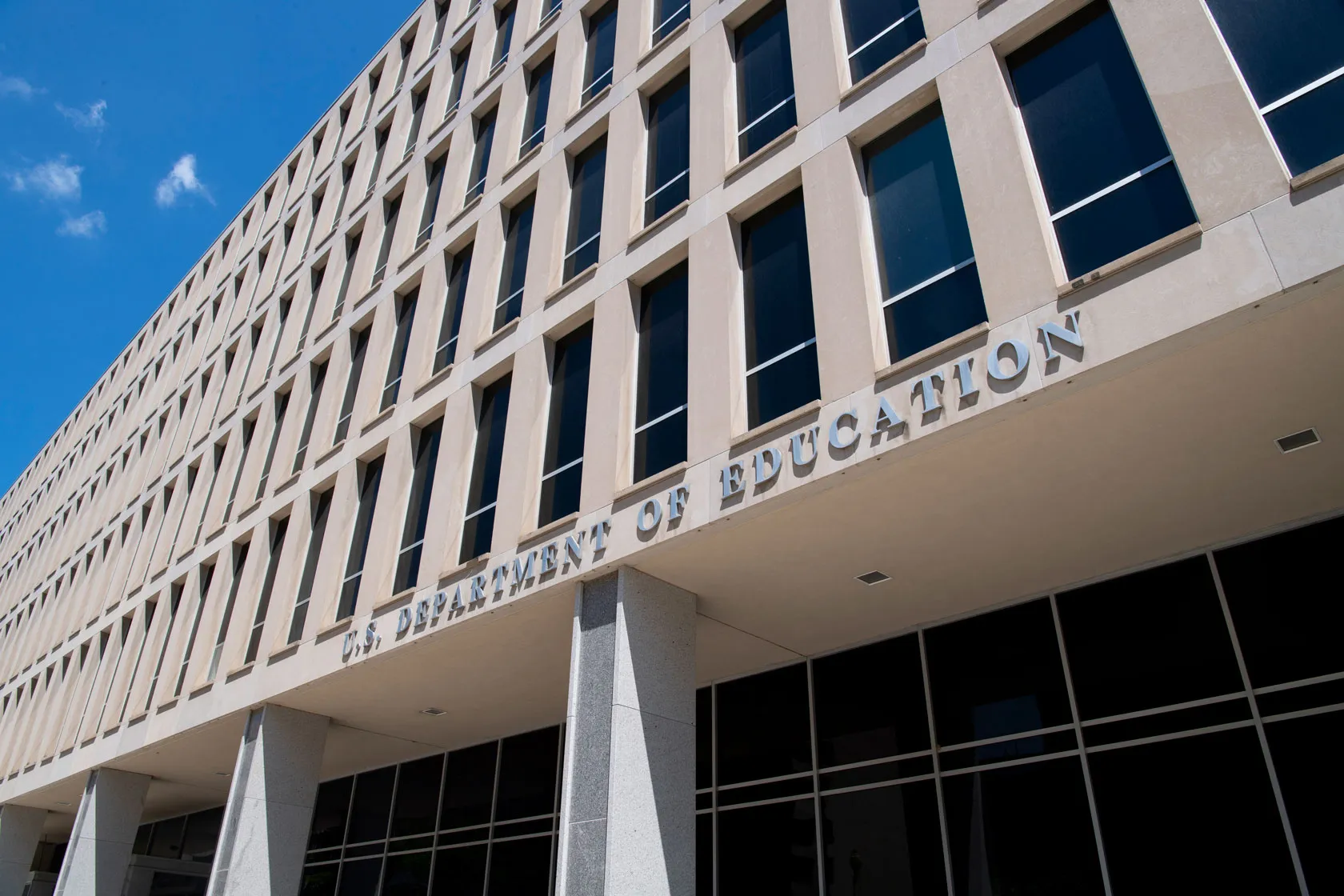
U.S. Department of Education Releases NPRM Proposing New Regulatory Revisions On Distance Education, R2T4, and TRIO Programs
Overview
Just moments ago the U.S. Department of Education issued a press release and an email notification announcing the release of the Notice of Proposed Rulemaking on three of the six issues which comprised the 2024 Federal Negotiated Rulemaking (www2.ed.gov/policy/highered/reg/hearulemaking/2023/index.html) negotiations which took place earlier this year by the Program Integrity and Institutional Quality Committee.
CSPEN will provide a summary of the Notice of Proposed Rulemaking by Friday morning, but we wanted to make you aware of this breaking news immediately.
Notice of Proposed Rulemaking Announcement
Dear colleagues,
The U.S. Department of Education today released proposed regulations that would increase college access for disadvantaged students, provide better public data on student outcomes and increase oversight over distance education programs, and ensure the student aid programs work in the best interests of students. Today’s regulations build on the Biden-Harris Administration’s efforts to increase college access and affordability and improve the quality and value of postsecondary education.
You can read more in our press release (www.ed.gov/news/press-releases/biden-harris-administration-releases-proposed-regulations-increase-college-access-and-quality-and-strengthen-oversight-distance-education), and can review an unofficial copy of proposed regulations there. The proposed regulations will be formally published in the coming days and the public will be invited to comment on the proposed regulations for a period of 30 days. The rules propose needed and critical improvements to:
- Increase college access for disadvantaged students through the Federal TRIO programs. The TRIO programs are Federal outreach and student services programs designed to identify and provide services for individuals from disadvantaged backgrounds including low-income, first-generation college students, and students with disabilities. The proposed changes would expand eligibility to students without immigration status that are enrolled in or seek to enroll in a high school in the United States, territories, or Freely Associated States. The expansion in eligibility would apply to the Upward Bound, Talent Search, and Educational Opportunity Center programs which serve students at the elementary and high school levels. These changes would increase high school completion, college access, enrollment, completion, and overall earnings of students without status.
- Account for student outcomes in evaluating student success and increase oversight over programs offered through distance education. Online learning, which has substantially increased since the COVID-19 pandemic, has the potential to improve access to nontraditional college students and lower college costs. However, the Department currently has very limited data on students enrolled in any programs offered through distance education, which limits the ability to answer important questions about student outcomes and conduct adequate oversight over distance education. Proposed changes include requiring additional reporting for programs offered entirely through distance education and students’ distance education status. The regulations also propose protections to make sure online students in career-focused programs get direct instructor interaction by prohibiting the use of asynchronous instruction.
- Help students that withdraw pay outstanding balances and increase accuracy and simplicity of calculations for institutions under R2T4. R2T4 regulations govern the process institutions must conduct when a title IV, HEA recipient ceases attendance during a payment period. An R2T4 calculation determines whether funds must be returned by the school and/or student. It is one of the top compliance findings for institutions and raises complex and challenging questions. Proposed changes would help students that withdraw better pay down their balances so they may continue their education, reduce the likelihood that a student owes money back to the school or Department, and would streamline and simplify the calculation for institutions.
Additionally, the Department has a new post on the Homeroom blog, (blog.ed.gov/2024/07/update-on-department-of-educations-postsecondary-education-regulatory-work/) providing updates and timelines for items on its regulatory agenda.
What’s Next
Look for CSPEN’s summary and analysis very soon, and in the meantime we encourage you to do your own review of these regulatory revisions, with particular attention on the Distance Education revision.
More to follow…



